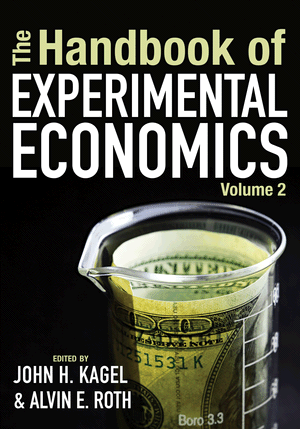In the U.S., many kidney exchange transplants now occur in chains begun by nondirected donors. Rule changes in Britain may allow transplants to increase this way too
Progress is being made in kidney exchange in the UK. The Mirror has the story:
Kidney 'triple transplant chain' rule change brings hope to thousands and has already saved 48 people
"Rule changes last year mean more healthy kidneys are available – bringing fresh hope to thousands of patients on the waiting list.
"From April 2015, it became possible for a stranger to give up a kidney and spark a series of donations. We have discovered that for each of 16 such donations, three people received a transplant.
"Previously, the chain was limited to two people who were in the National Living Donor Sharing Scheme, set up to allow pooling of organs from willing donors not a match for their own sick loved ones.
"Under triple transplant chains, a stranger’s kidney is allocated to the first recipient, a patient who is enrolled in the sharing scheme.
"In turn, the first recipient’s friend or relative, who wants to donate to their loved one but cannot because they are not a match, donates to another patient in the scheme, the second recipient.
...
"Any adult can volunteer to be considered an altruistic donor. You must be over 18 in England, Northern Ireland and Wales, and over 16 in Scotland.
Progress is being made in kidney exchange in the UK. The Mirror has the story:
Kidney 'triple transplant chain' rule change brings hope to thousands and has already saved 48 people
"Rule changes last year mean more healthy kidneys are available – bringing fresh hope to thousands of patients on the waiting list.
"From April 2015, it became possible for a stranger to give up a kidney and spark a series of donations. We have discovered that for each of 16 such donations, three people received a transplant.
"Previously, the chain was limited to two people who were in the National Living Donor Sharing Scheme, set up to allow pooling of organs from willing donors not a match for their own sick loved ones.
"Under triple transplant chains, a stranger’s kidney is allocated to the first recipient, a patient who is enrolled in the sharing scheme.
"In turn, the first recipient’s friend or relative, who wants to donate to their loved one but cannot because they are not a match, donates to another patient in the scheme, the second recipient.
...
"Any adult can volunteer to be considered an altruistic donor. You must be over 18 in England, Northern Ireland and Wales, and over 16 in Scotland.
The 16 Brits who gave their kidneys to patients they did not know first had several months of physical and psychological tests at their local transplant centre to ensure they were able to safely donate, and to confirm which recipients would be a suitable match."


















